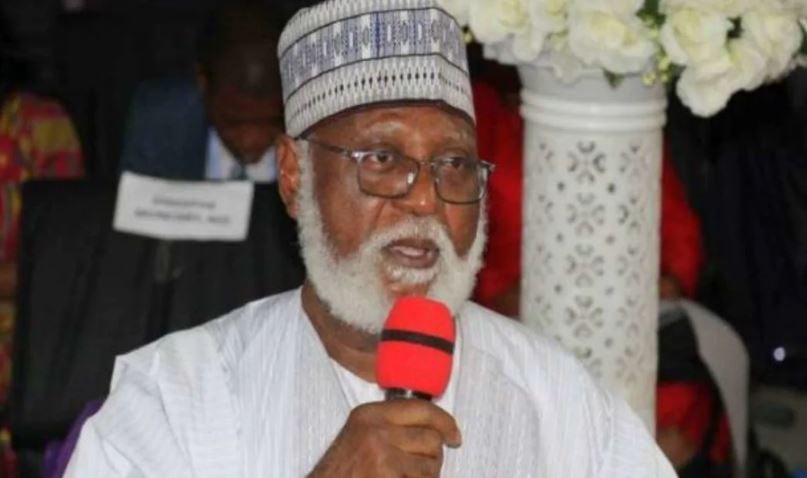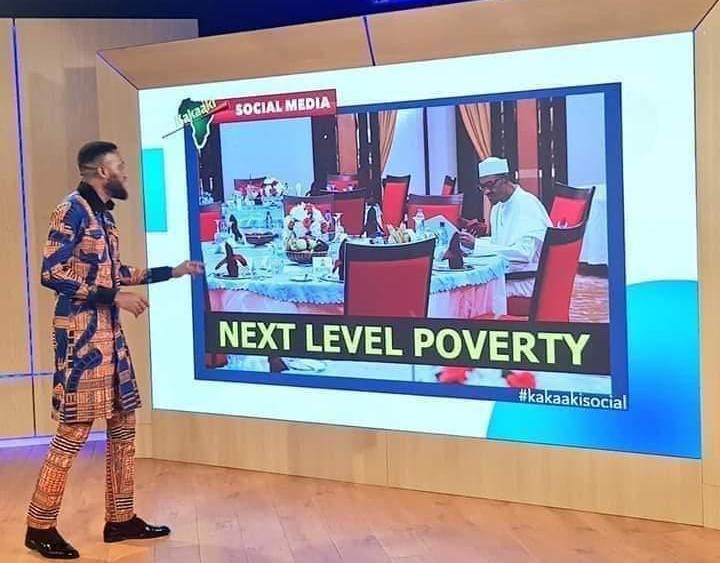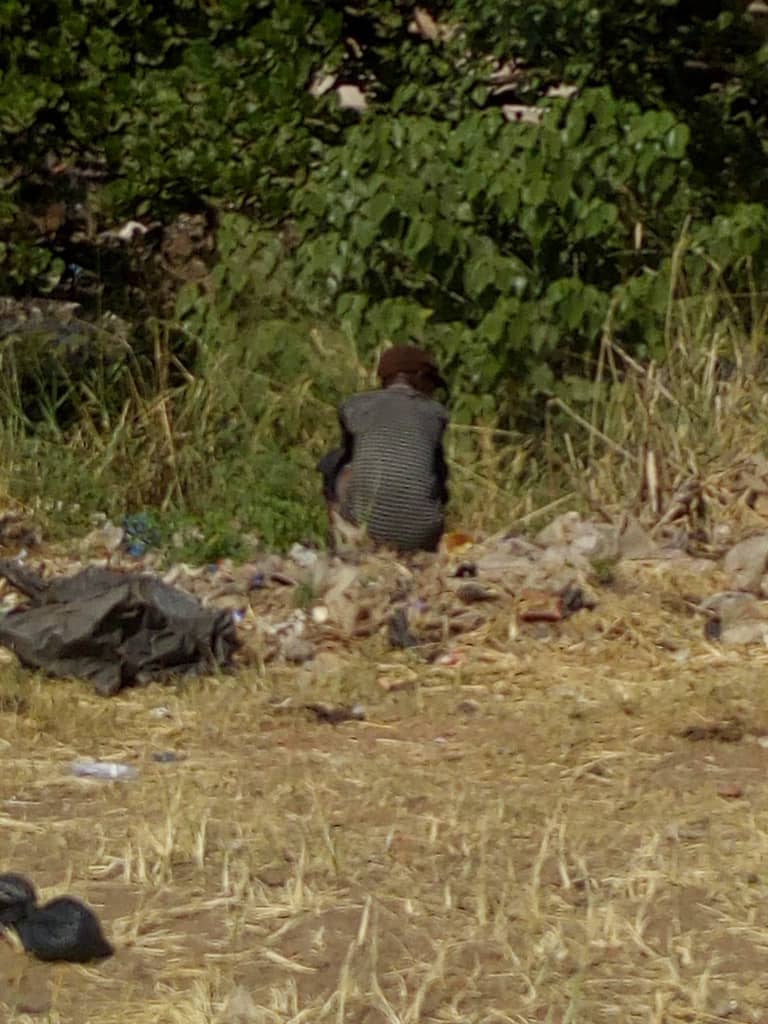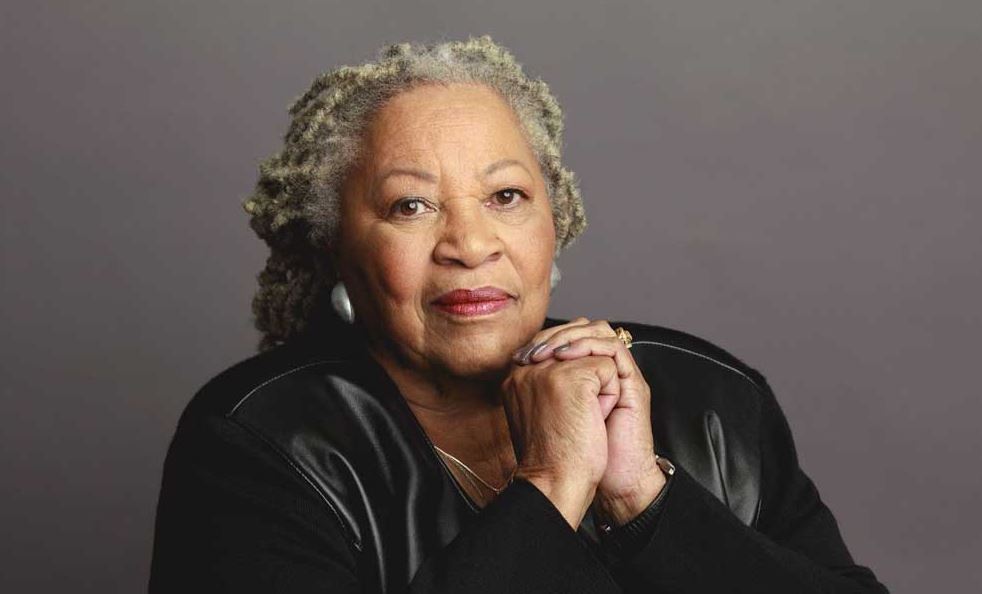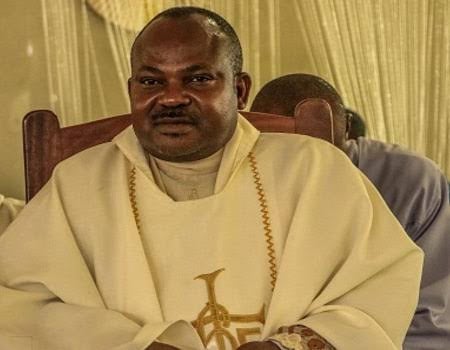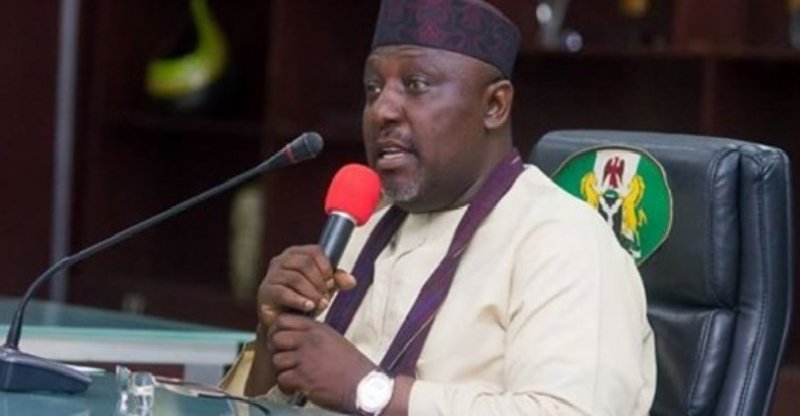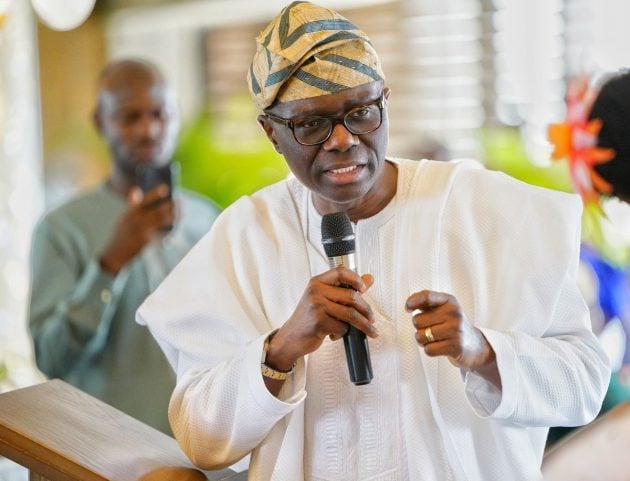BY BABAFEMI BADEJO
That Nigeria is politically charged and bereft of safety and security would be an understatement. Terrorists are competing for who can surpass the other in wanton destruction of lives. Drums of separation are recently getting louder among many nationalities.
Kidnappings once restricted to the Niger Delta have now made travels except by air, a harrowing experience. Banditry goes on as usual as stupid people engage in rituals for money. The situation, rather than improve, has worsened in the last five or six years.
With this sort of situation, it was a relief when former Head of State, General Abdulsalami Abubakar, used the platform of the Abdulsalami Abubakar Institute for Peace and Sustainable Development Studies to invite a little over 70 people to Maizube Farms, Minna, Niger State, Nigeria, for a Roundtable on National and Security Issues for Political Stability from 29th – 30th July, 2019. In short, the Roundtable was to deliberate on the way out of the current Nigerian situation.
Advertisement
Claimants to the representations of major nationalities in the North Central, South-West, South-East and South-South fired a salvo on the eve of the Roundtable. They indicated they had unraveled an attempt to suck them into a meeting with a trade association that has been rapacious in killing people and carrying out much of the mayhem in the country with impunity. They stayed away and thereby whittled down the strength of the national dialogue.
Nonetheless, the meeting was attended by roughly 50 eminent Nigerians, including traditional rulers, leaders of some nationalities, serving and retired Security forces/services leaders, politicians, academia, civil society etc. I was lucky to have been a participant.
Despite the staying away by major leaders of some nationalities, the meeting remained very worthwhile. That it took place was a significant buttress on the cries of another former President, General Olusegun Obasanjo, who had stressed the need for dialogue but who was being derided by the same government of President Buhari that had, as a result of ill-conceived policies, abhorrent nepotism, impunity and condoning of corruption driven up the temperature of instability in Nigeria.
Advertisement
Prof. Ibrahim Agboola Gambari who chaired the meeting noted that we were at General Abdulsalami Abubakar’s Maizube Farms because something is not right in our dear land. Sharing his wealth of experience, he noted that we cannot have a military solution and that we have no alternative to dialogue.
COMMON GROUNDS NEEDED
In having dialogue, we must build common grounds as well as operate with peace building actions to reinforce other conflict control measures as a way to avoid things falling apart. Prof. Gambari went further to charge the meeting to come up with recommendations on who to do what and when, i.e., we should provide timelines to timely actions meant to address our current downward spiral.
Many other former this and former that (apologies to Prof. Bolaji Akinyemi who so introduced himself), made beautiful interventions. For instance, Prof. Ango Abdullahi was very positive in emphasizing that crisis of poverty, inequities in various strata of society, unemployment, discriminatory policies of government etc are drivers of conflict. He called for the rule of law: a situation in which law is for all.
Advertisement
Of course, the issue of herdsmen and farmers got eloquently put on the table by a leader of one of the many cattle associations associated with Fulanis, who claimed to know so much about many things, including movements of weapons from Libya through the Sahel into the hands of herders in Nigeria. Curiously he justified the herders having the weapons because it is a reaction to a persecution complex they face in Nigeria.
He literally threatened the rest of us that if we don’t allow the herders to continue to move their cattle as they have been doing over the ages, then they would most likely join the Islamic State, West African Province against their father land.
To change this life style, he called for billions of dollars of support, a livestock ministry, (I praised him for at least not asking for cow ministry), paid training visits for herders to many countries etc and gradual process of change over the next 15 years during which period, the current arrangement needs to continue, etc.
This spokesperson got adequate response. For sure, this is no longer the nineteenth century. Ambassador Joe Keshi rightly and boldly made it clear that we cannot be talking of cattle routes in the 21st century. This makes sense to me and many Nigerians. Building a new capital in Abuja as well as other human developmental expansions meant disruptions to cattle routes. So, cattle herders need to adapt and move on to a higher level.
Advertisement
Ambassador Keshi elaborated on some of these possibilities drawing from the experience of many countries that produce so much in cattle and dairy products. It is my hope that cattle owners would allow herders to change their ways of life for more rewarding modern methods that would free them from the servitude of herders in the hands of owners.
Drawing from his UN experience which had involved detailing the movements of small arms, General Ishola Williams debunked the claim of weapons moving into the hands of herders from Libya. He didn’t say so, but methinks all that claim of herders being armed may just be bluffing. In some countries, herders carry AK-47 to handle cattle rustling.
Advertisement
Have we looked into practices in our neighbouring countries to the north for who desertification has meant crossing through our porous borders into Nigeria to graze? Many of these as bandits are being heard by those claiming to be victims as conversing in French.
And in any case, if former Governor Ibikunle Amosun surrendered 1000 AK-47 and million rounds of ammunition as he left office, it shows that it is easy to build a balance of terror as counter moves to compatriots who think only they alone have access to illicit weapons.
Advertisement
Amosun and other politicians aside, what about those Niger Delta movements that matched our armed forces in sophisticated weaponry until late President Yar’Adua opted for negotiations? We need to join the African Union in the move to halt the flow of small arms as an arms race should be expected from the current situation in Nigeria.
Many ethnic groups are feeling persecuted and they are not threatening to join enemies of Nigeria.
Advertisement
WANTED: FARMERS, HERDERS DIALOGUE
For me, we need another dialogue between crop farmers and herders associations as well as those in aquaculture to work out how to meet our food security needs and export without accentuating general insecurity as is the case today. In this regard, recommendations in the books on mechanisms to immediately attend to losses on all sides as they happen, could be looked into.
I think it is wrong to ethnicise any production arrangement in a multi-ethnic country like Nigeria. In our agbero capitalist situation, subsidizing food production is understandable. But to do so naming any ethnic group is patently wrong. Ranching or whatever it may be called is no longer rocket science. I just listened to a 12 minute video by Prof. Adewumi Taiwo in Yoruba. He pointed out that the first ranch in Nigeria was in Fashola near Oyo that was set up in 1946.
This beginning was boosted by Chief Obafemi Awolowo after well researched importation of adaptable “ndama” cattles from Mali with grandparent stocks producing parent stocks and then consumption stocks which are distributed other farms in Ikorodu, Odeda, Iwo-Oloba, Onise-Ire etc to produce 500 kg succulent cows as opposed to the 250 kg ones being sold to us currently.
These imported breeds of cattles were resistant to trypanosomiasis carried by tsetse fly. They were kept in composite farms that ran for miles. The farms produced grass for cattles, had watering holes and feeds for poultry, pigs and of course cattles. For him, the military ate those meats up without bothering on producing replacements.
According to a private side chat with General Akinrinade at Maizube Farms, for some reasons, all these farms have not been encroached upon. So, what’s stopping Governors from reactivation of such places in their respective states in the whole country? Why can’t those who do not have do the same in their states and there by create employment?
According to General Ishola Williams, the EU funded an elaborate ranching arrangement in Yobe about 10 years ago. It is abandoned. He also wondered about why we cannot follow and support the leads of Sokoto/Zamfara states and Governor Ganduje in Kano who recently called for a ban on rearing cattle along the road from Chad, Niger through Northern Nigeria to Lagos.
If President Buhari’s government were to simply announce that there would be no forced cattle colonies or settlements or Ruga instead of talking of suspension of the latter, a major tension and second guessing as well as arms race would evaporate leaving the need to address banditry.
ADDRESSING BANDITRY
In addressing banditry, it should not be another design to steal. If we abandoned CCTV all over Abuja with Chinese equipment for that purpose on the ground but the rest of the money stolen, how can any sane person want to have CCTV and drones covering our forests as the answer to the banditry we are facing on our highways? Sounds to me like the rumour I heard that someone wants to rebuild Murtala Mohammed Airport from scratch by dynamiting what is on ground now as we move into the Oduah one that was “completed” but not used in the last 3 years or so.
The problems of leadership and governance were diplomatically put on the table at Maizube Farms. A close friend of mine, rather than mention corruption spoke about prebendal politics. I later asked him how he expected people not schooled in political science at the meeting to understand prebendalism that literally deals with going into politics to steal. He said they should Google it!!
For me, we need to call a spade a spade and in my contribution, I made it clear that there is no doubt that leadership failure in Nigeria has resulted in a pandemic culture of corruption that has fuelled instability and lack of safety in our lands. How can anyone pretend that more allocation of resources to the armed forces and services is the problem?
A National Security Adviser reportedly shared $2.1 billion meant for procurement of weapons amongst his friends. Some who returned their share in plea bargains at the beginning of the Bugari administration must be regretting that they did so as they can see many indicted thieves being absorbed into the ruling party and rewarded with Ministerial appointments by President Buhari. It was documented in Court that a service Chief collected about a million and a half dollars every month and pocketed same.
The problems that Prof. Ango Abdullahi and others rightly raised, are results of corruption in our national lives. I recently, looked at President Buhari’s Government and corruption and do not want to repeat that as it is available in video and on my Facebook page.
But the President’s tolerance for impunity as he keeps mum when speedy actions were/are needed, and many in the country reading him (rightly or wrongly), as being nepotistic and selective on justice have fuelled national fears and general insecurity.
The communique had acceptable recommendations towards handling the problem of insecurity and political instability. It was widely shared with the media. Though Generals Alani Akinrinade and Anthony Ukpo, who jointly steered the group I participated in, asked me to write a short paragraph with recommendation on corruption, and I complied, the rapporteur edited mention of corruption out of the communique. I was not surprised.
The women at the meeting were dissatisfied that the role of women in the avoidance of insecurity that was loudly raised was absent in the communique. In spite of this lacuna, I join many in thanking General Abubakar and his wife for hosting the meeting. The meeting was well worth it.
We need more elders who will follow the example of General Abdulsalami Abubakar to fund dialogue meant to help us resolve the differences among nationalities. Kidnappings are showing that even the rich can cry since they cannot fortify all members of their families and most Nigerian cities do not have airports/airstrips for their respective private jets.
Badejo, a lawyer and multilateral diplomat, was at the “Roundtable on national and security issues for political stability” organised by the Abdulsalami Abubakar Institute for Peace and Sustainable Development Studies.
Views expressed by contributors are strictly personal and not of TheCable.
Add a comment
